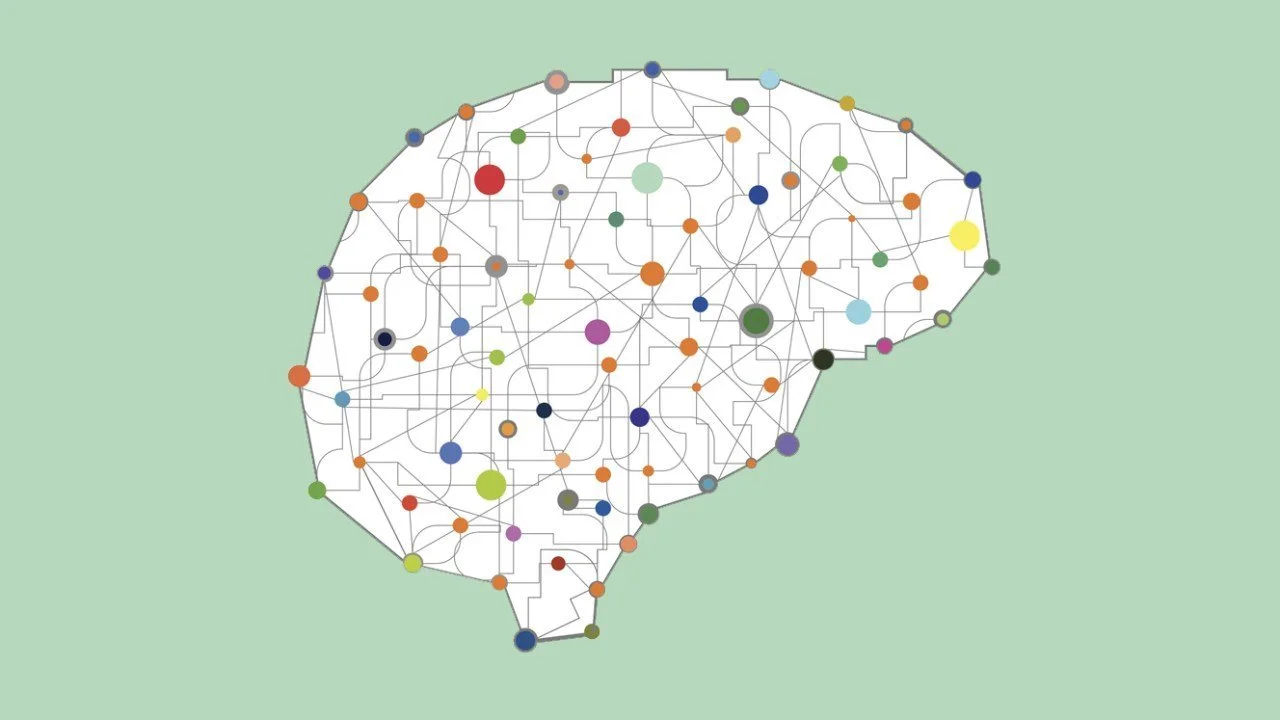Top 3 Issues for People with ADHD
You walk into a room to get or do something and on your way you see other things to attend to and—if you don't forget what you orig intended to do, you eventually 'do the thing'.
You procrastinate getting started and the project is due tomorrow, how can you start when you're already so far behind?
Your boss criticizes your work because it is [fill in the blank]...you take this as a personal criticism and feel deeply hurt. You start ruminating and can't face anyone.
The executive functions described in these scenarios are: self awareness, ability to resist impulse, working memory, self motivation and emotional regulation.
Does this list sound familiar? It should. Anyone who exhibits the classic symptoms of ADHD will have difficulty with all or most of these five executive functions.
With proper accommodations, understanding and treatment, people with ADHD can learn to use what they know and strengthen these executive functions over time.
